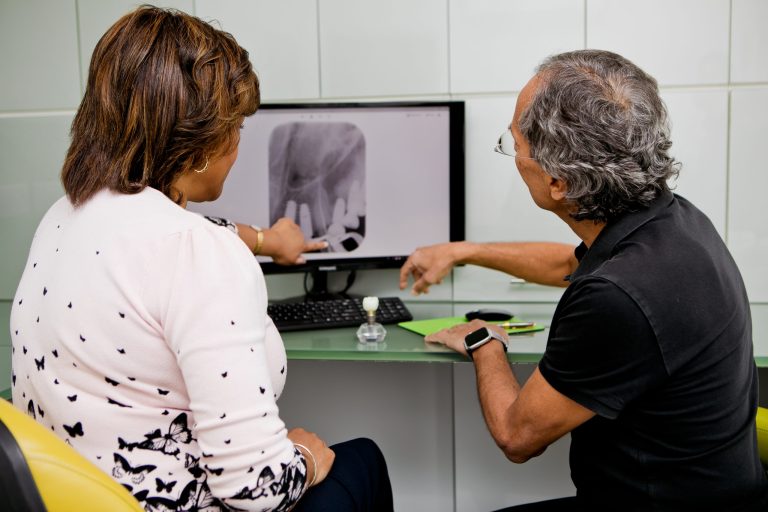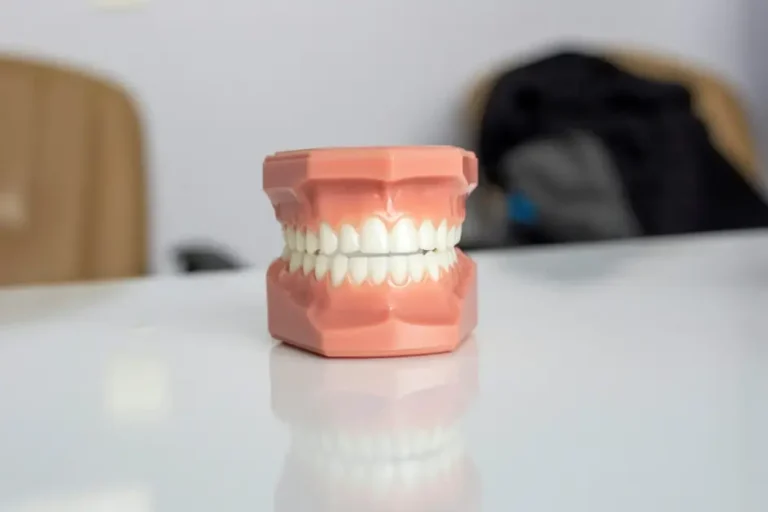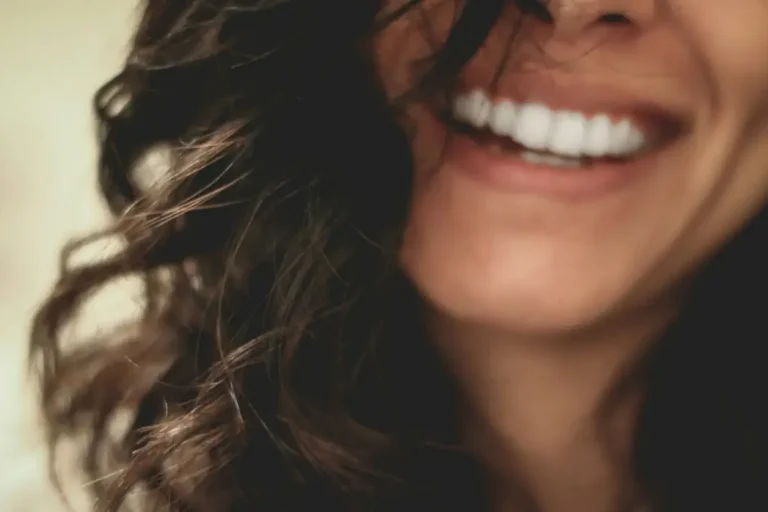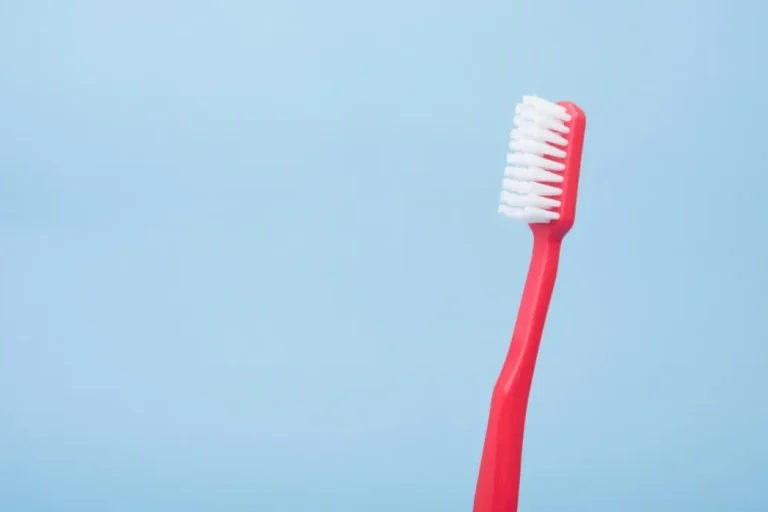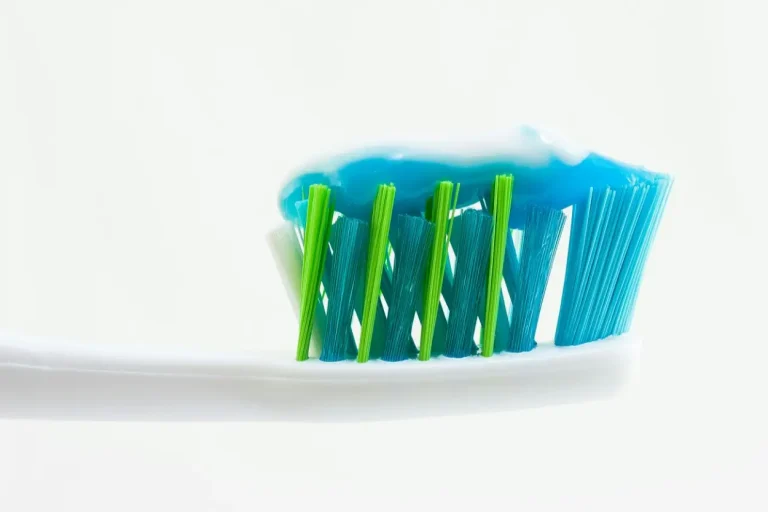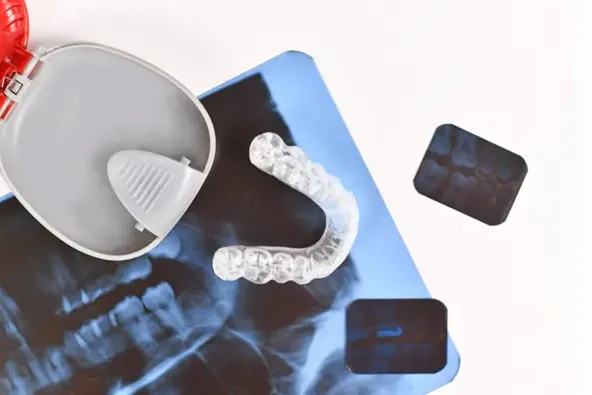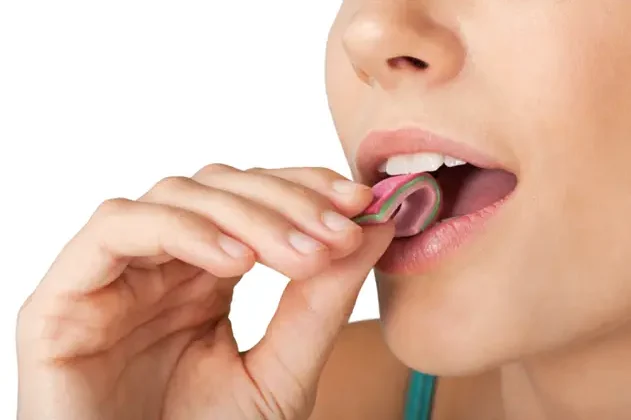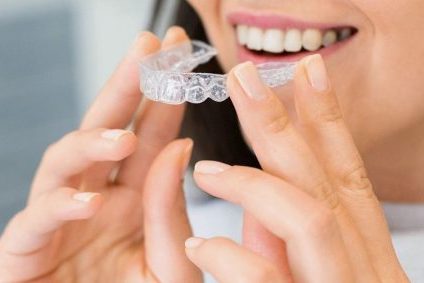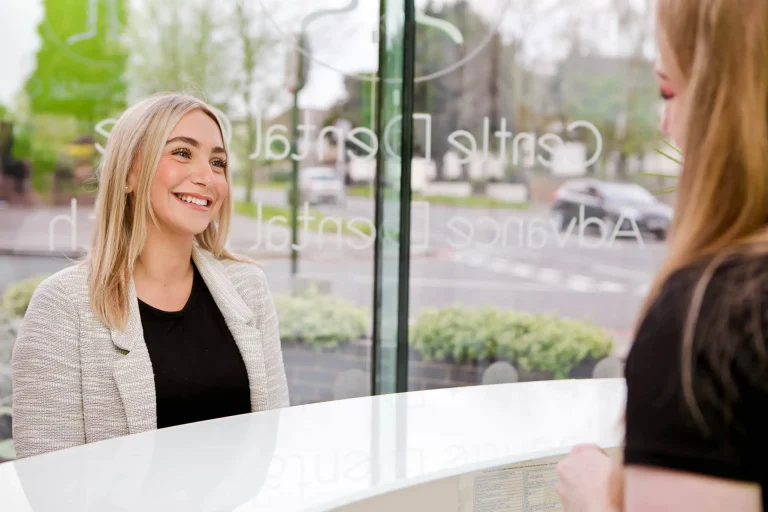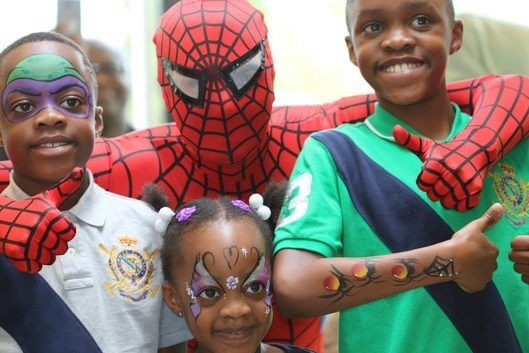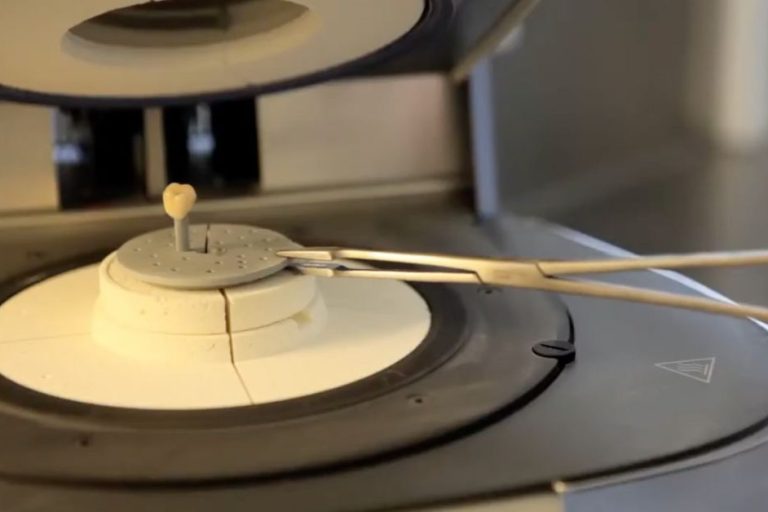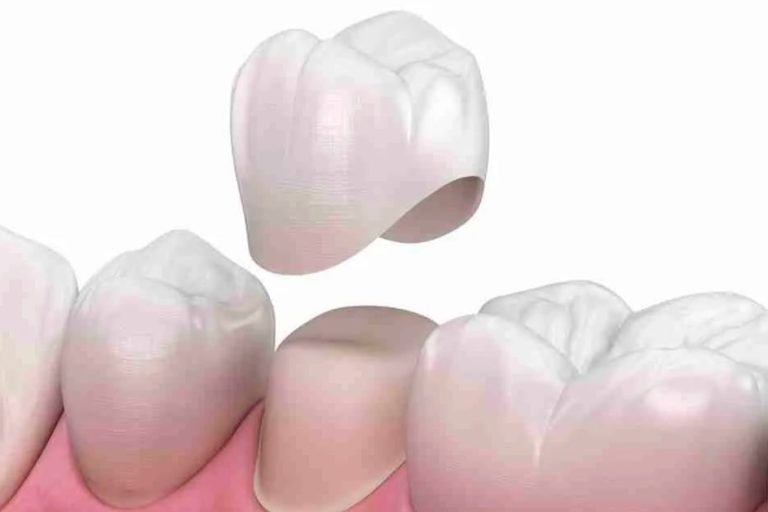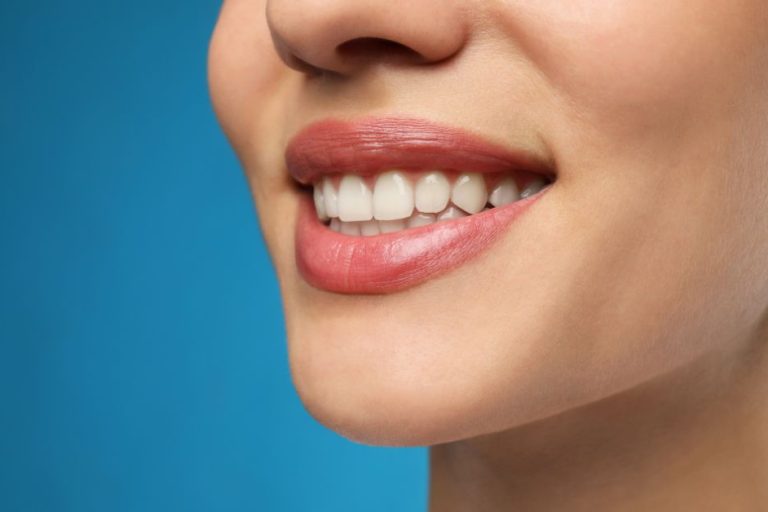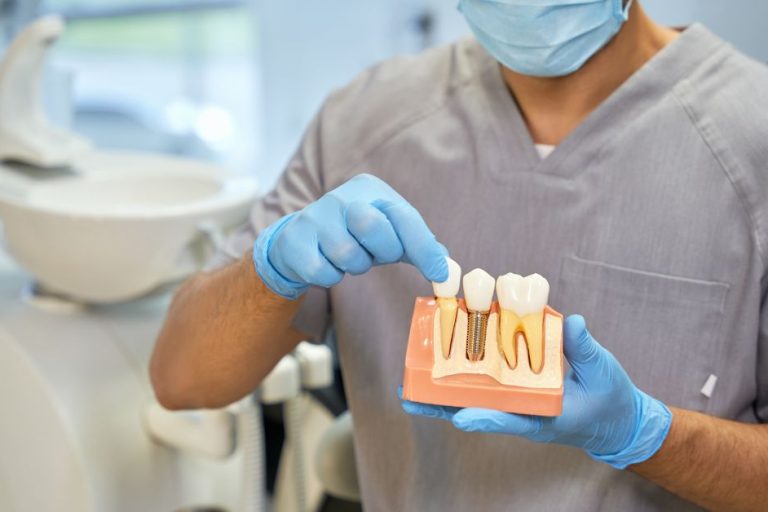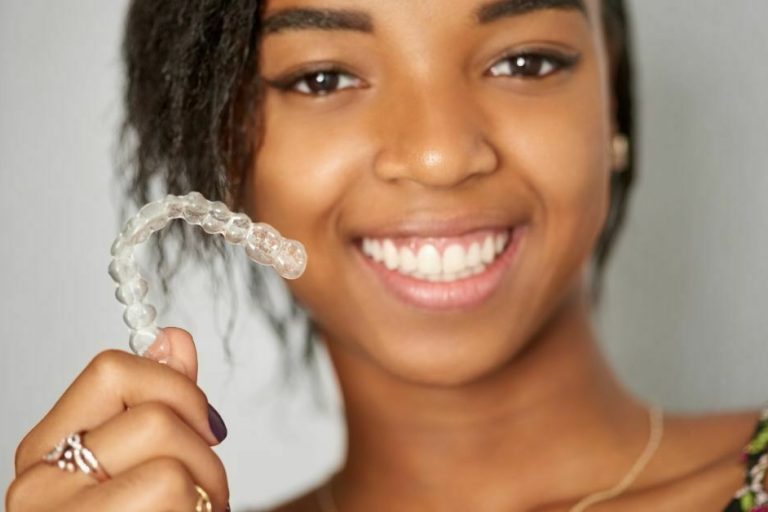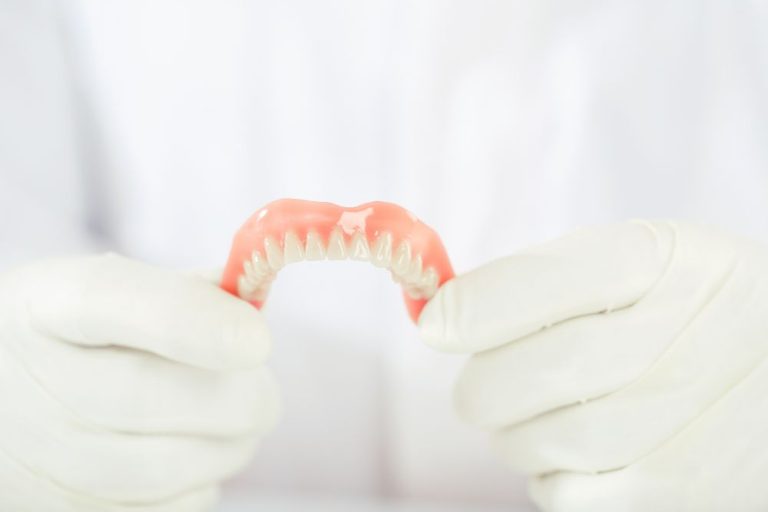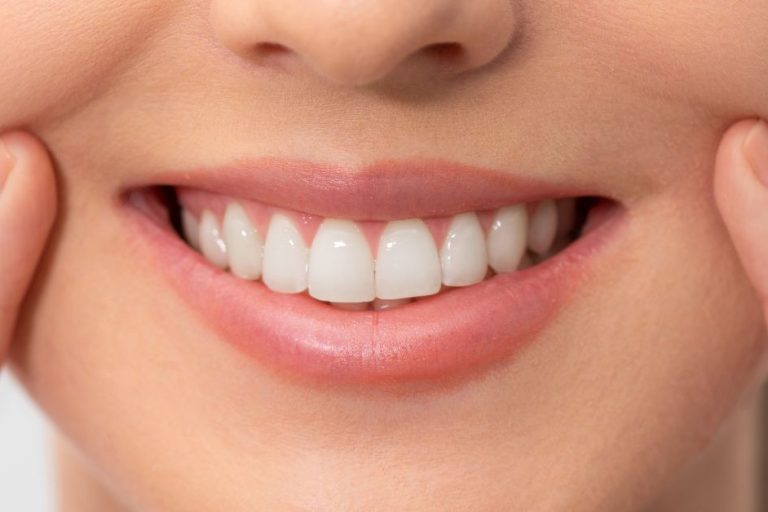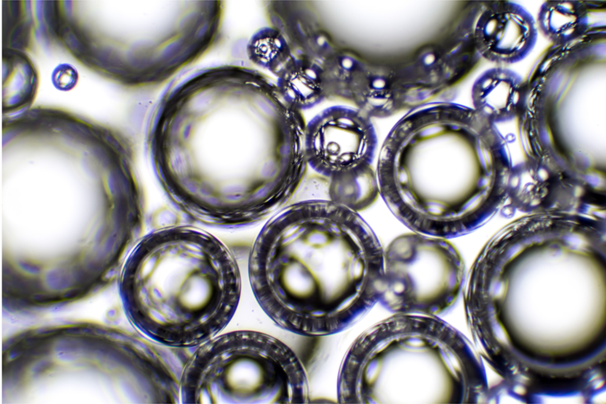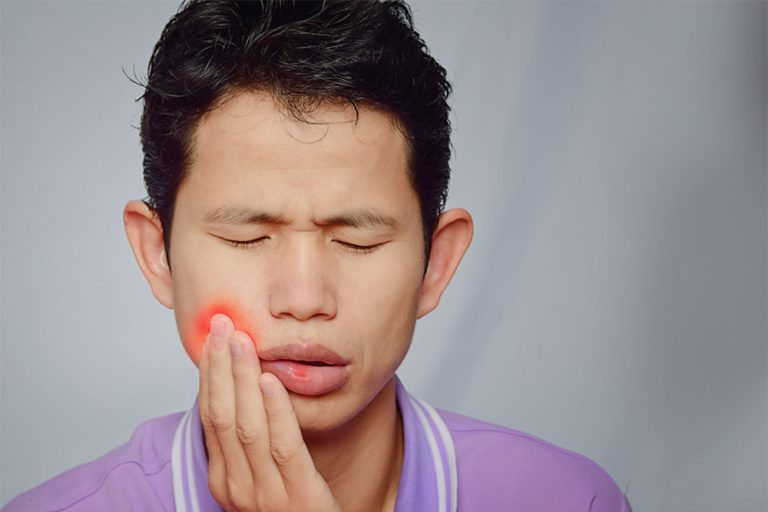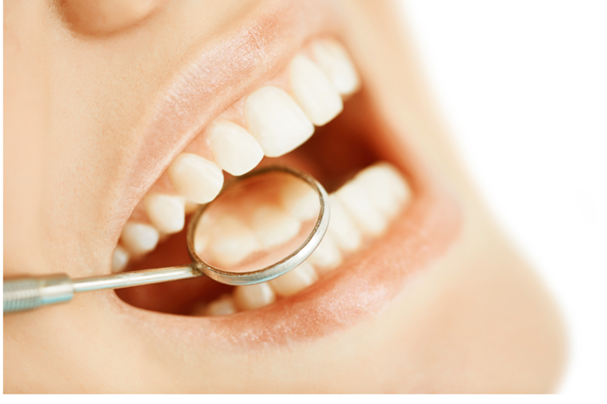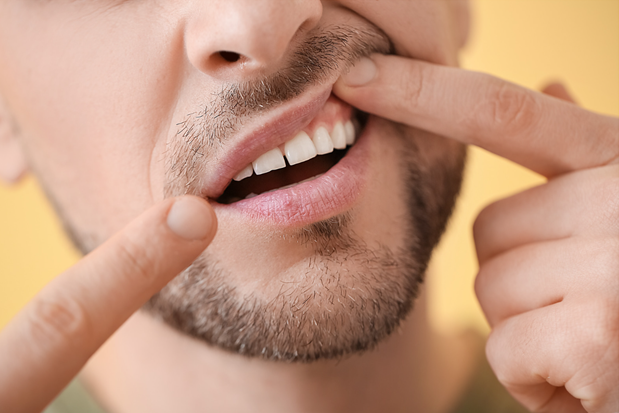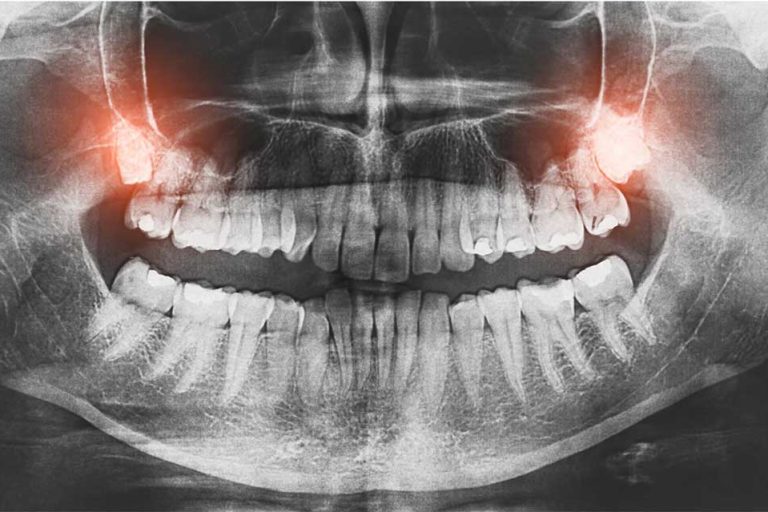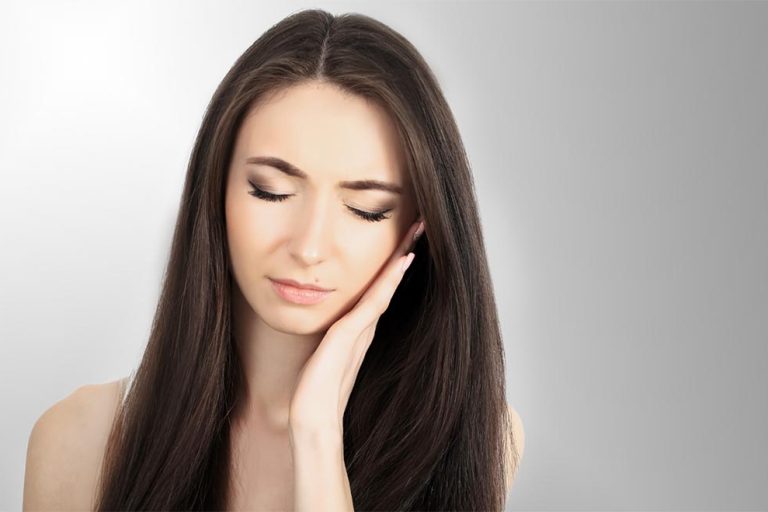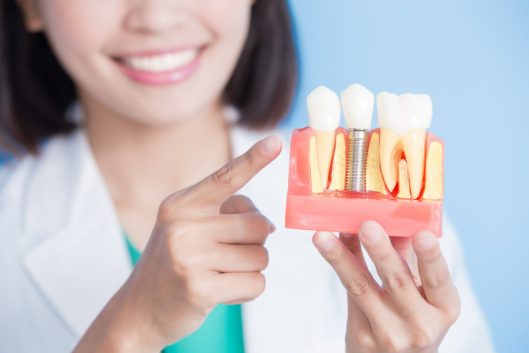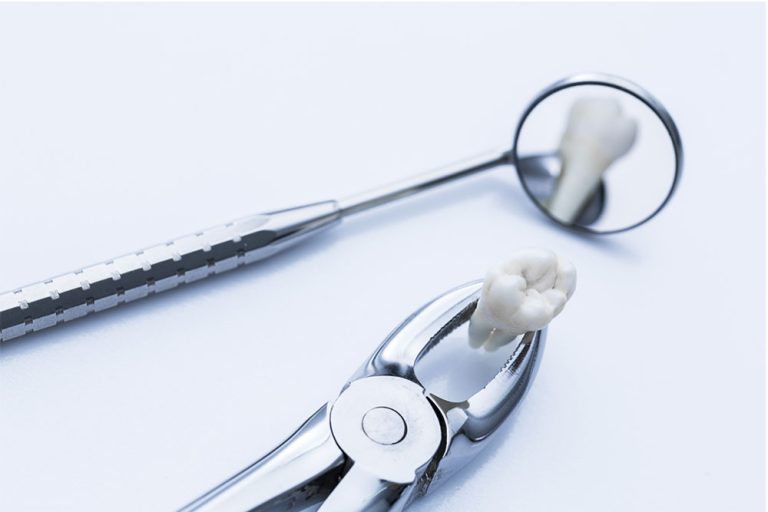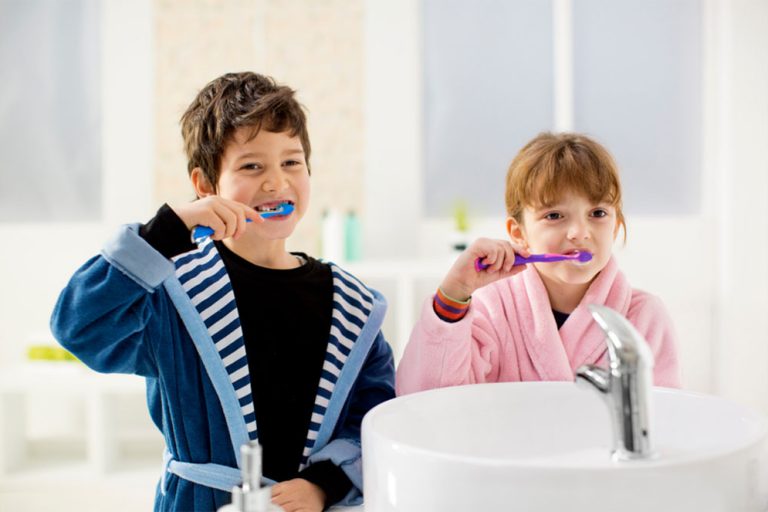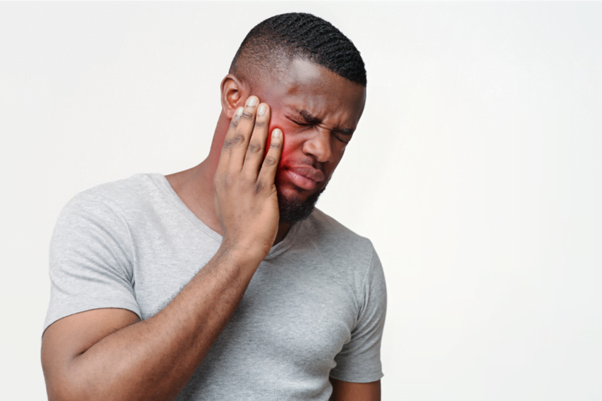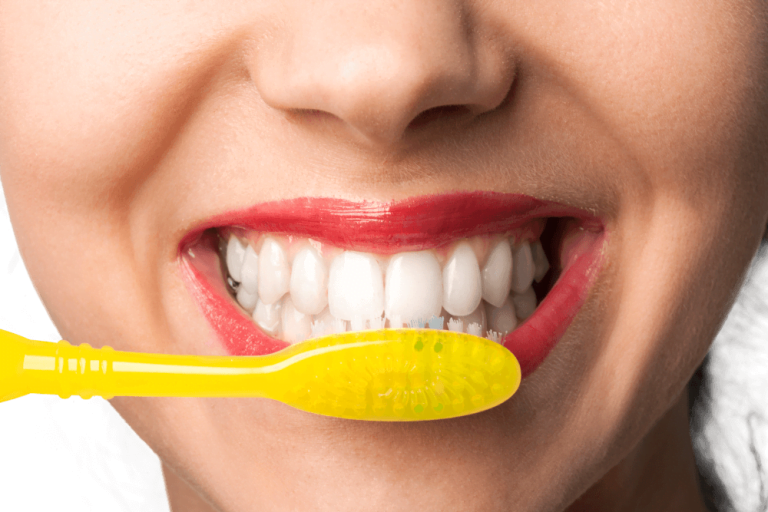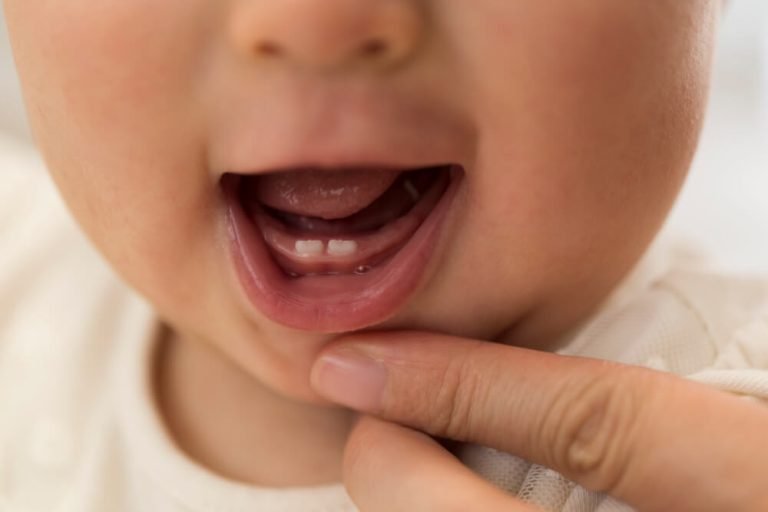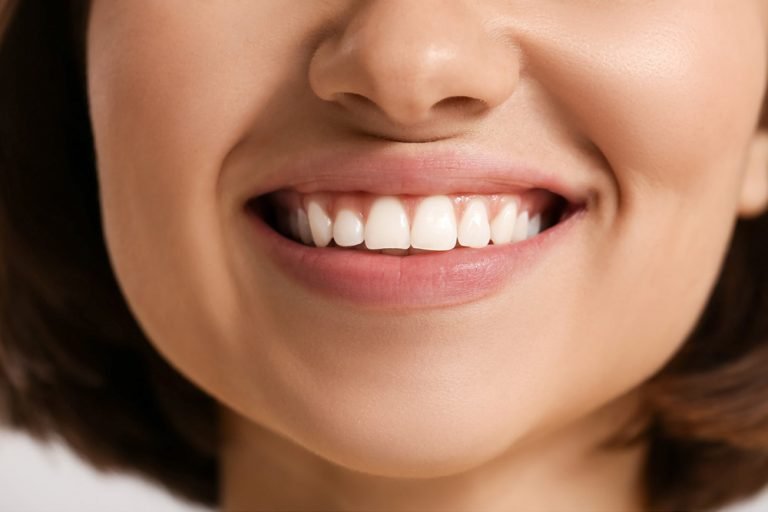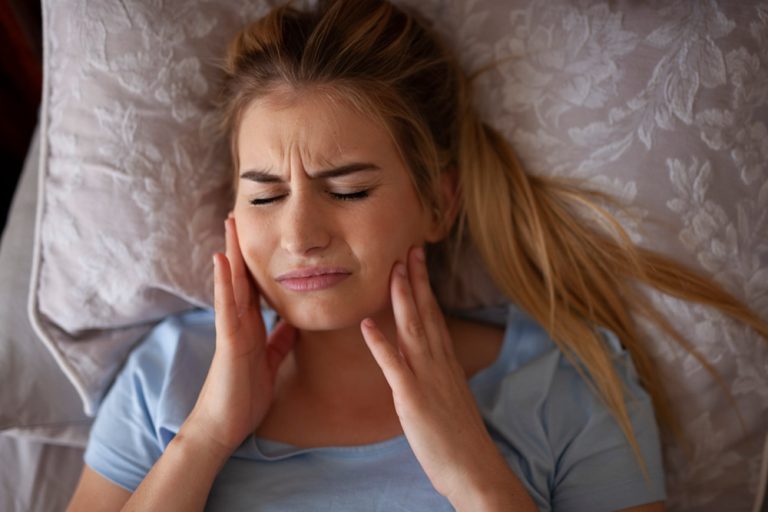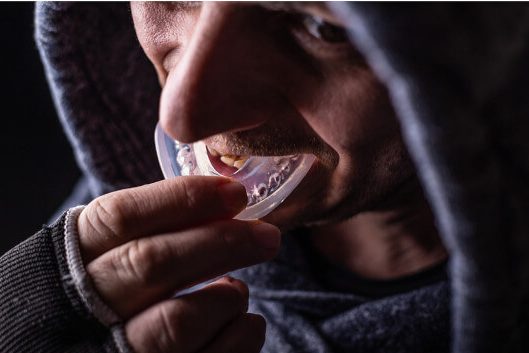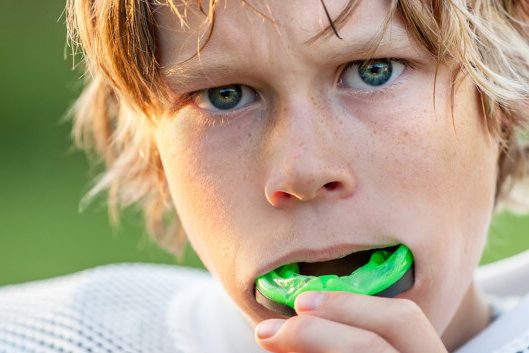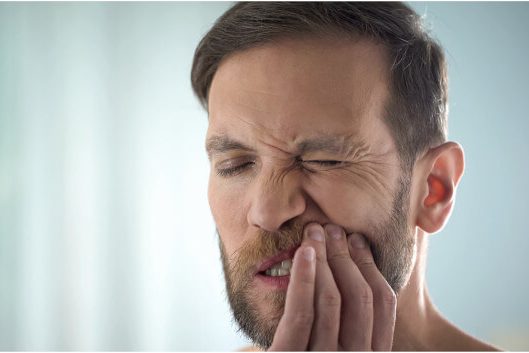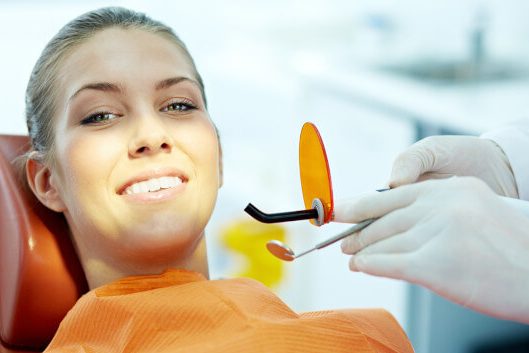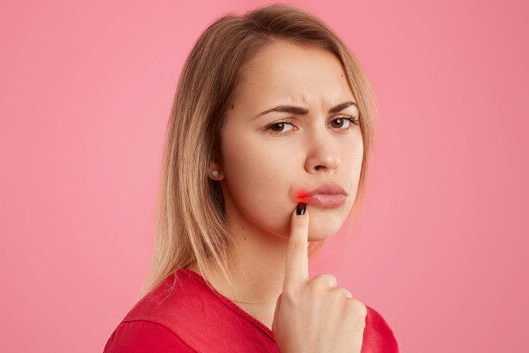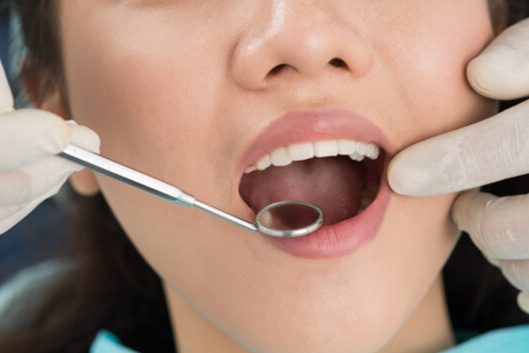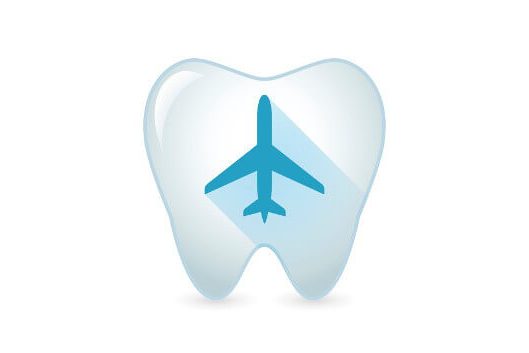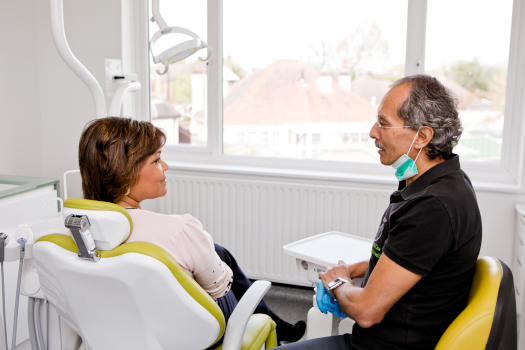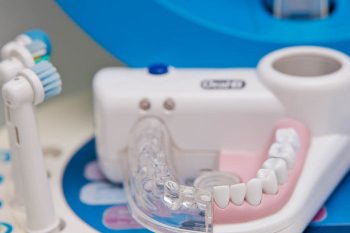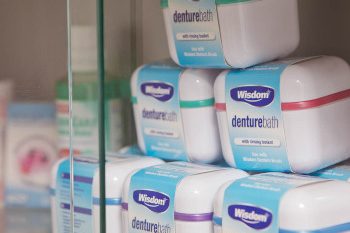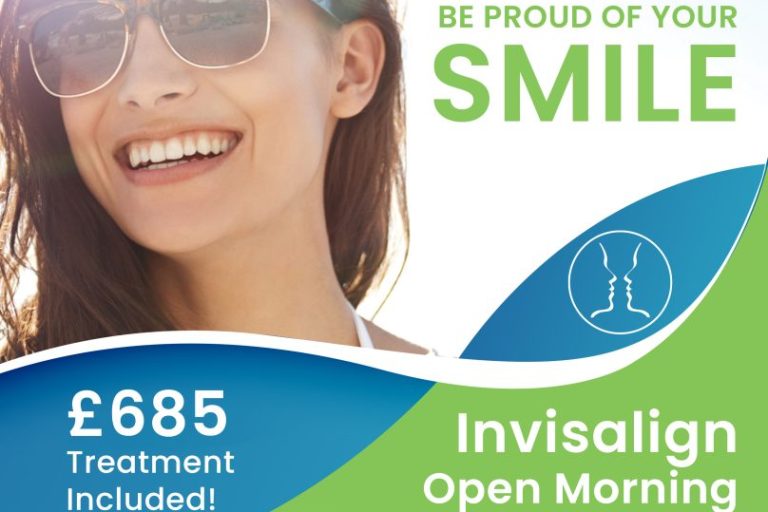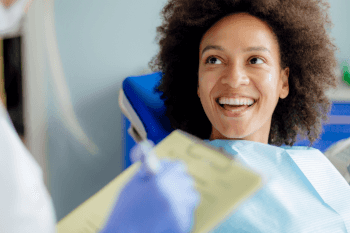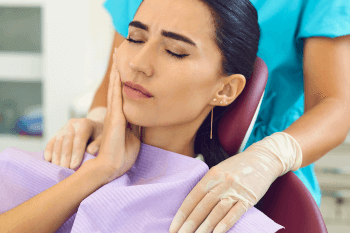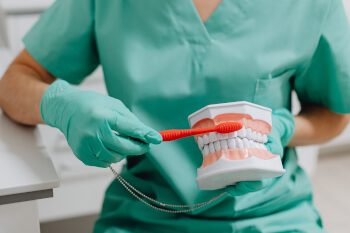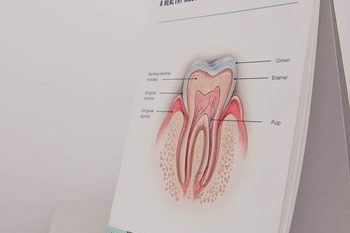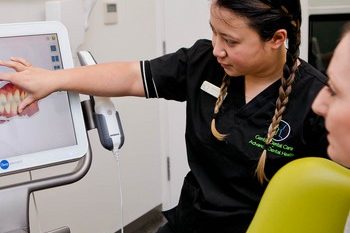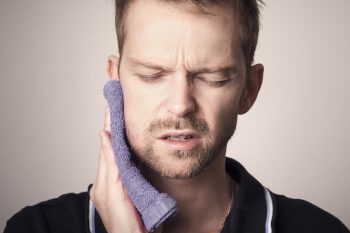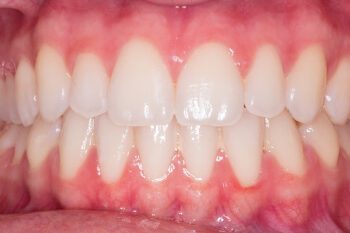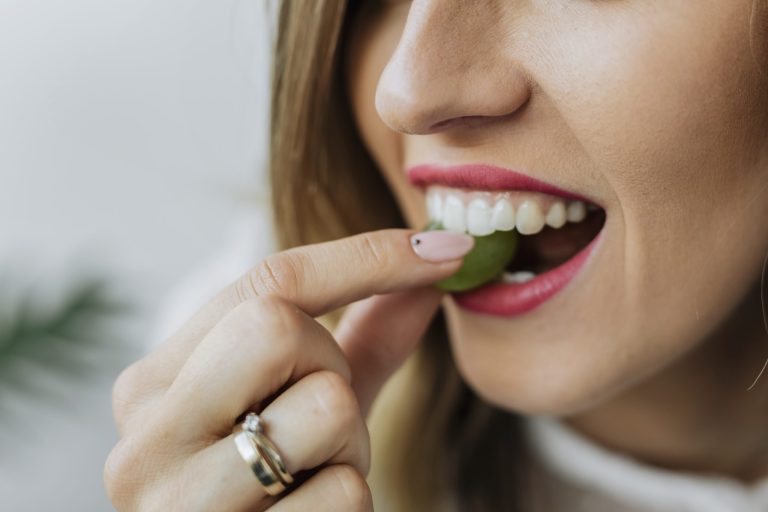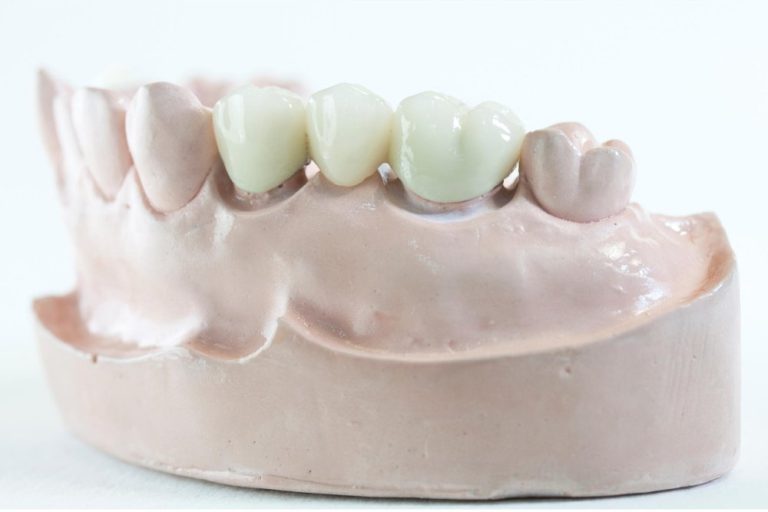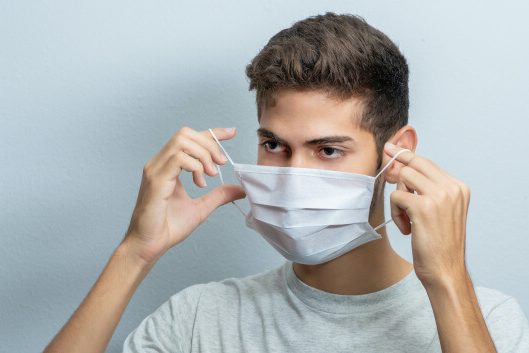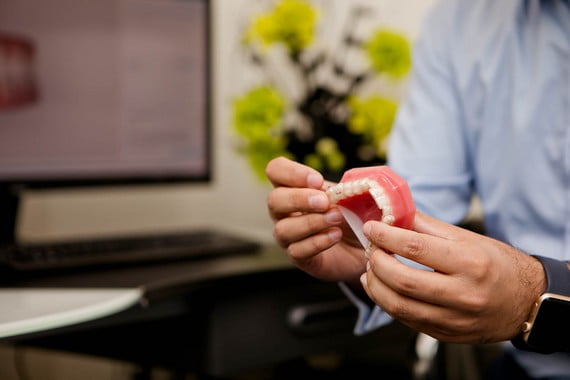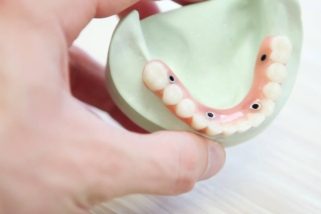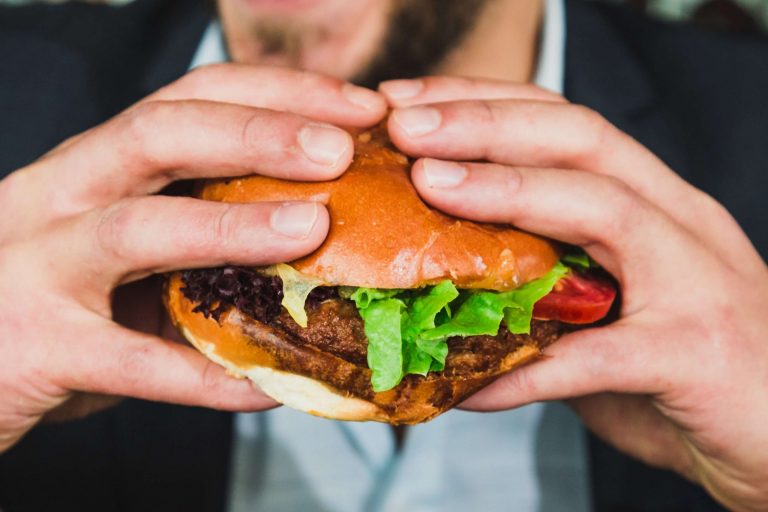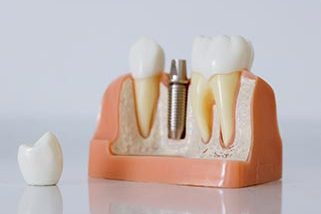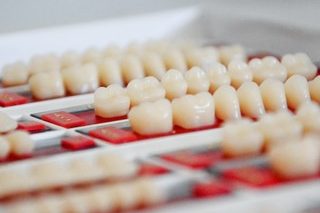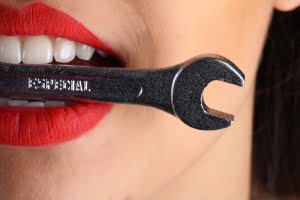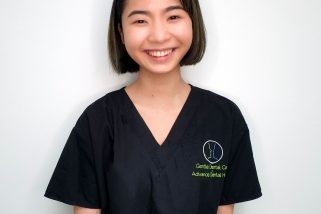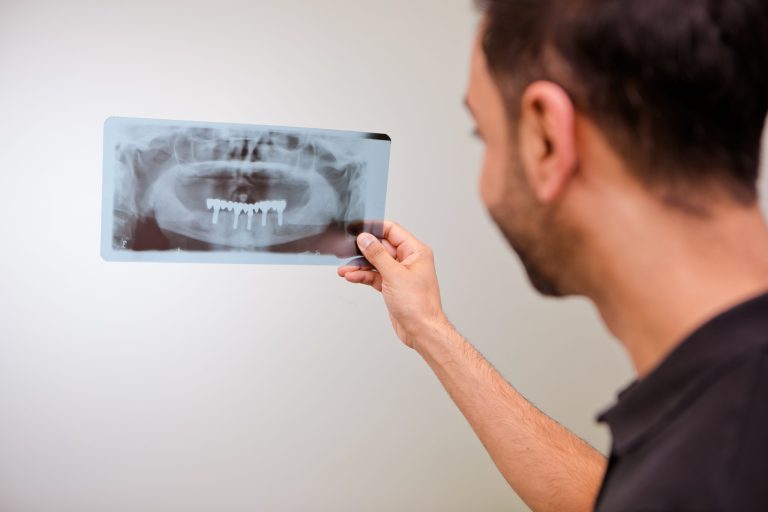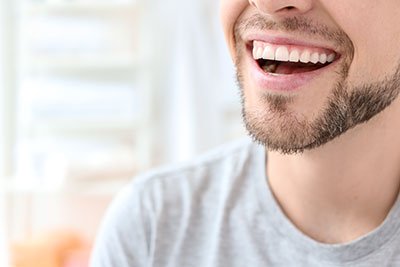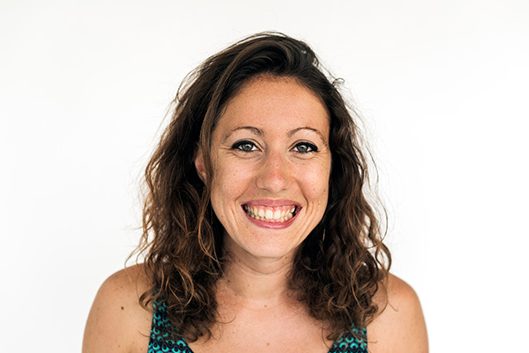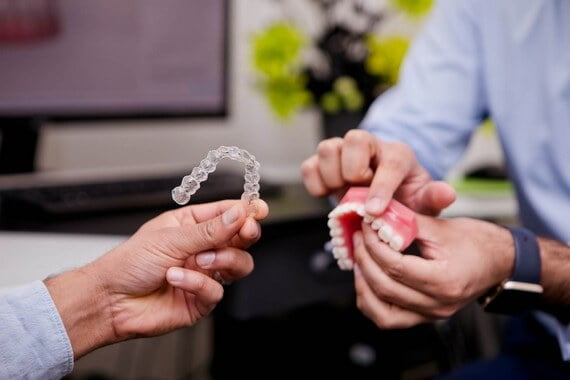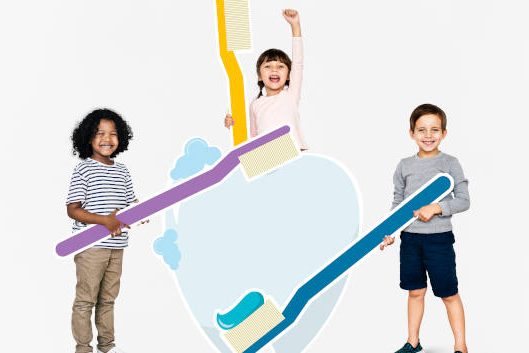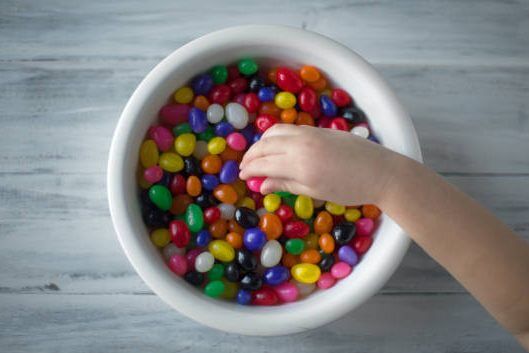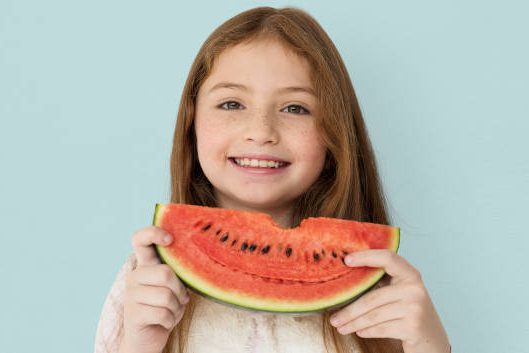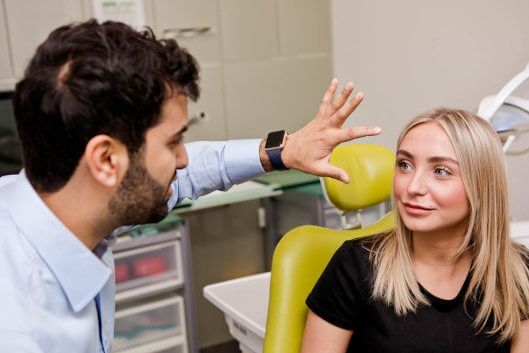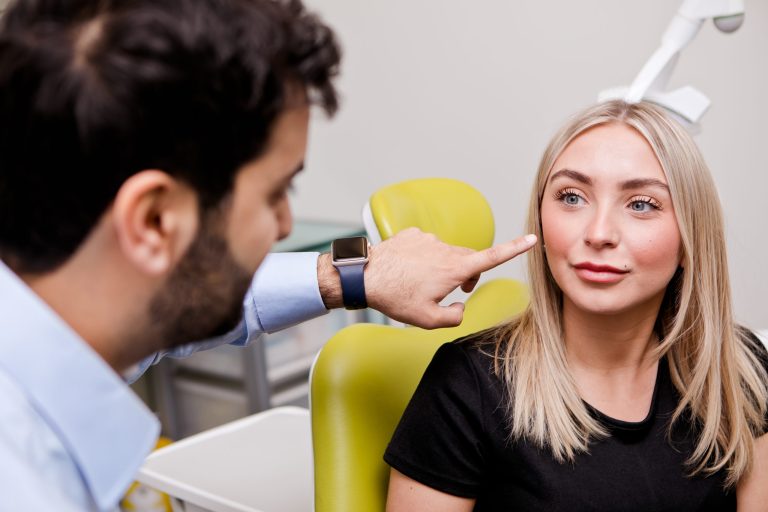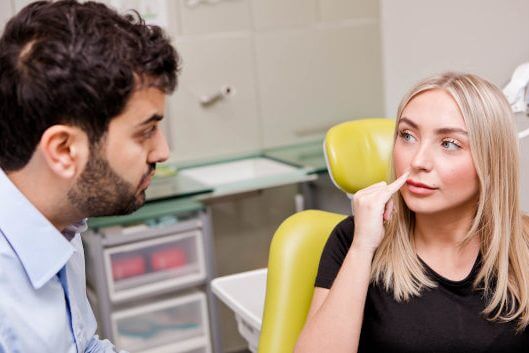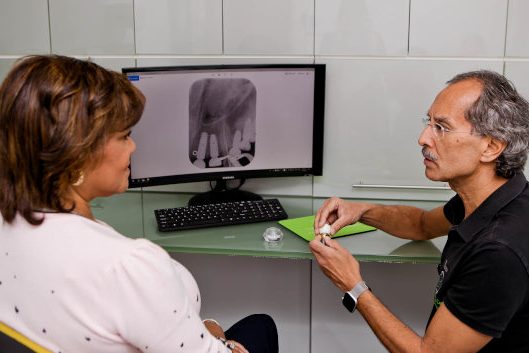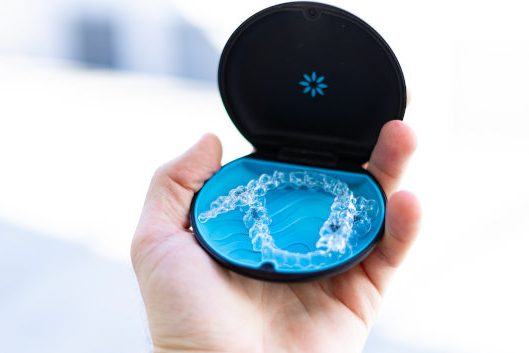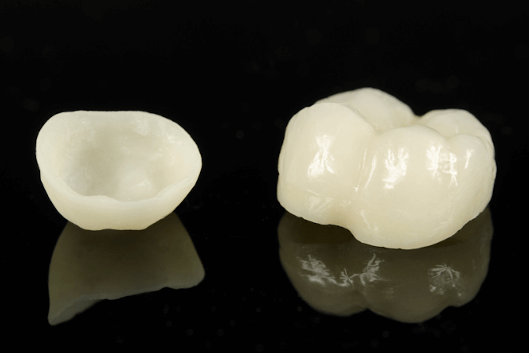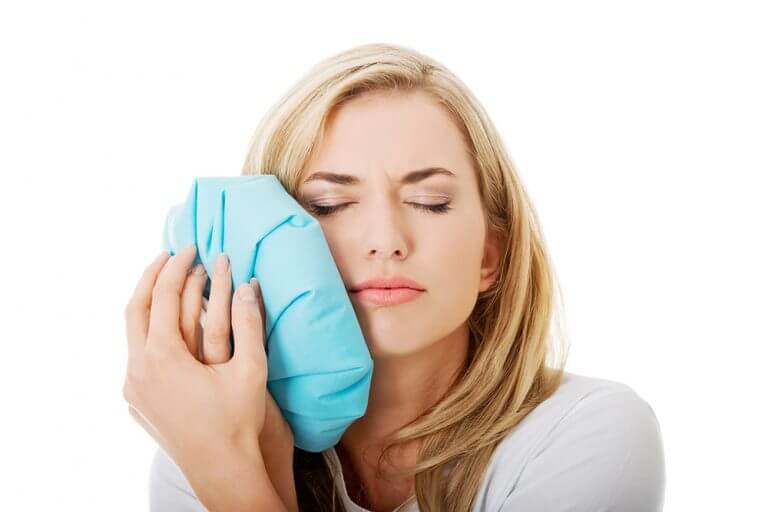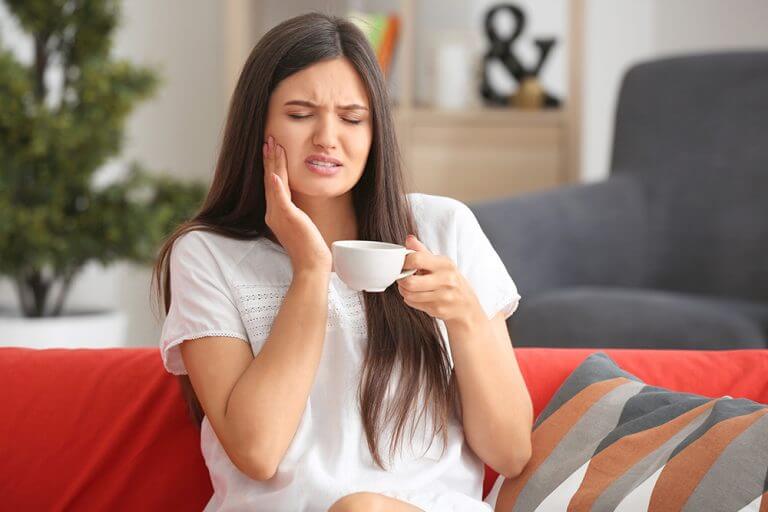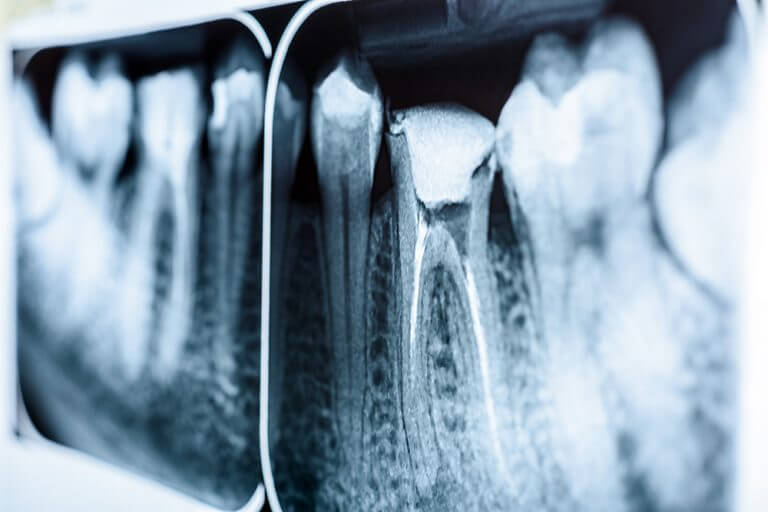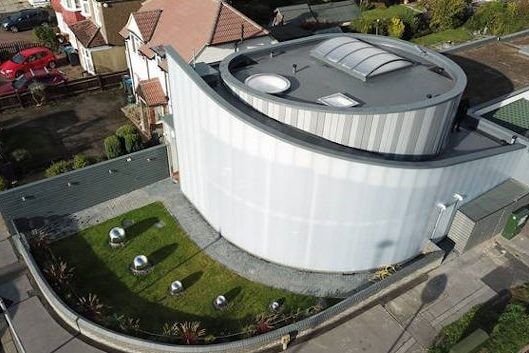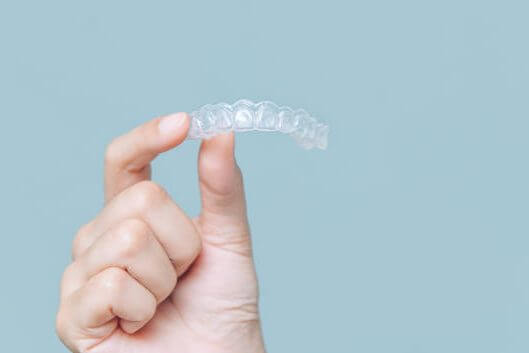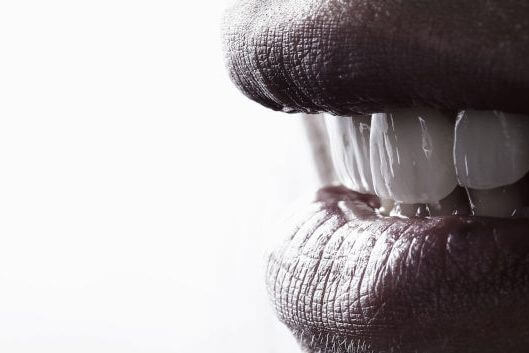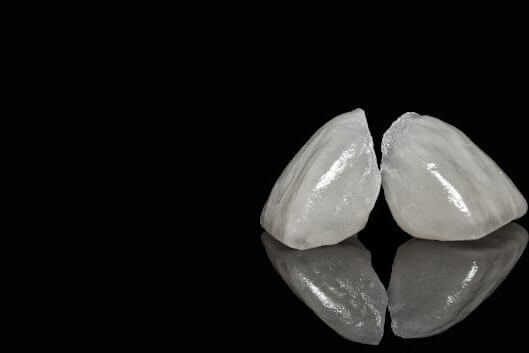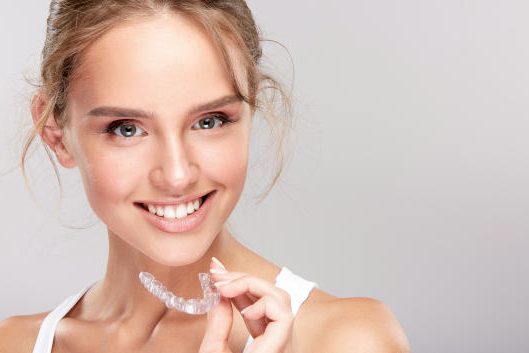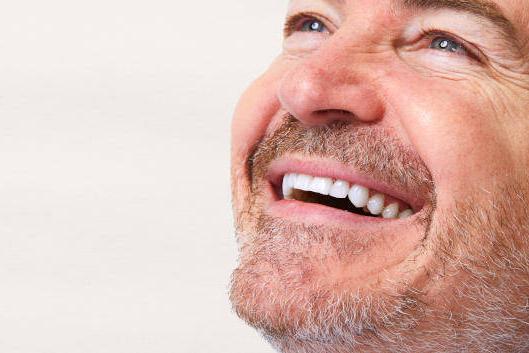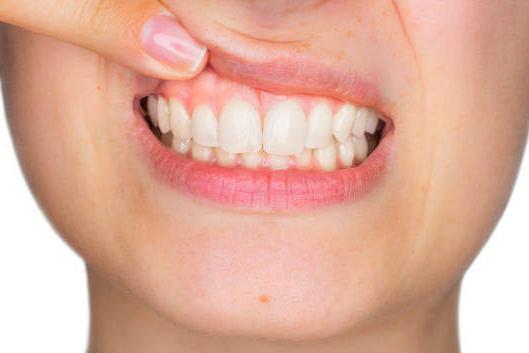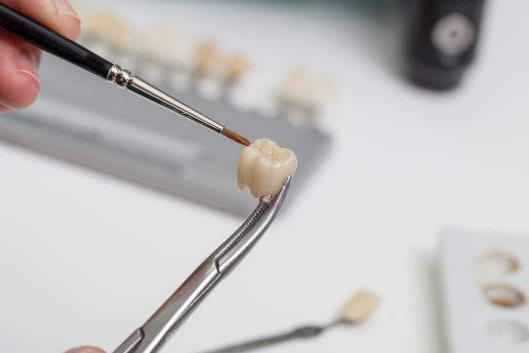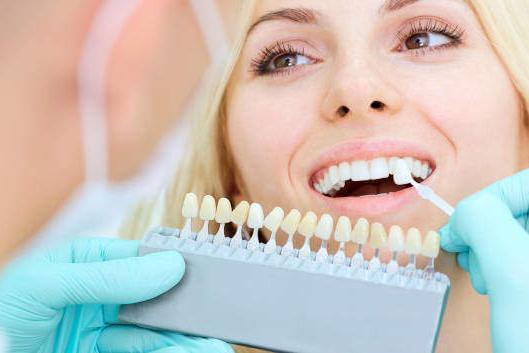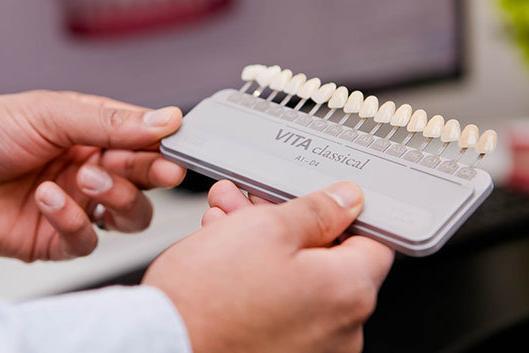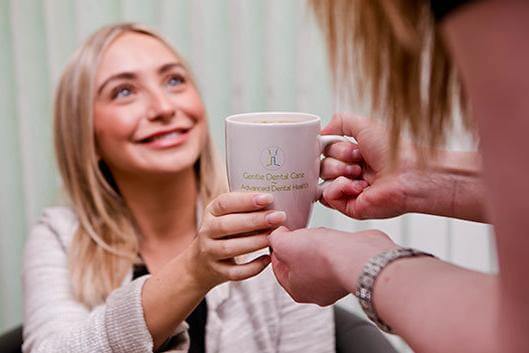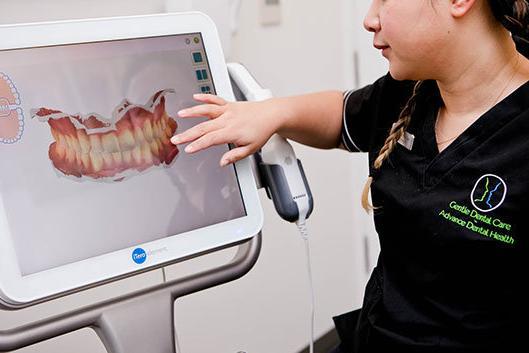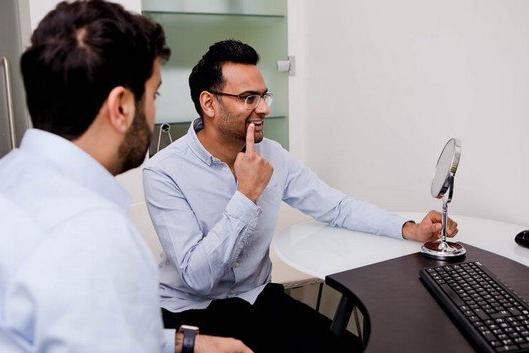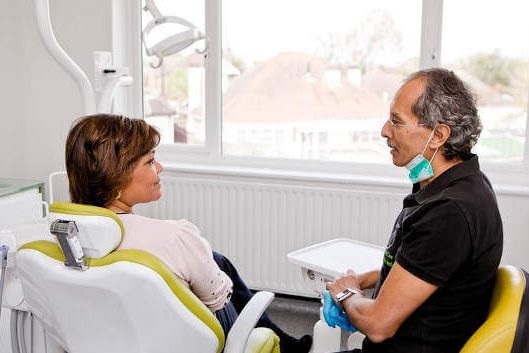Children’s teeth part three: FAQs surrounding common dental concerns

There tends to be a common thread of questions that our dentists get asked regularly by the parents of young children. We thought we would end our series of blogs on children’s teeth by answering some of frequently asked questions to give you the answers you might be looking for. It’s important for us to point out that our answers are generalised answers formulated from the experience of the whole Gentle Dental Care team. For advice tailored specifically to the needs of your own child’s teeth, we would always recommend booking an appointment with your dentist.
Why has my child’s new teeth come out yellow?
Baby teeth are usually whiter in colour compared to adult teeth and the difference is more pronounced when the two different teeth are viewed together i.e. when looking at an adult tooth next to a baby tooth. This is the most common reason it appears like the adult teeth are more yellow, however there are other reasons too:
- If the preceding baby tooth had an infection, there is a possibility it could damage the permanent tooth developing directly above it. This can discolour the developing tooth making it look yellow or brown.
- Certain medications, such as tetracycline antibiotics, can cause discolouring of developing adult teeth.
- Decayed teeth often look dark.
- Sometimes the enamel fails to form properly which can lead to brown discolouration.
- An excess of fluoride can lead to fluorosis. This is rare in Croydon (where our practices are based) however, more likely to occur in areas with fluoridated water such as Birmingham.
My child’s permanent teeth are coming out crooked. Will they need braces?
Children’s teeth often come out at different angles in comparison to the existing teeth, however this does not necessarily mean they will need braces. Adult teeth are much bigger than baby teeth and when children are small, their mouths are simply not big enough to accommodate all the existing teeth plus the new erupting ones. This means they can sometimes come out in front, behind or at different angles. Most of the time it is tricky to conclusively say whether they will need braces in the future as lots will change as more of their teeth erupt and they continue to develop and grow. The best time to make an assessment is once all the permanent teeth have come through. Certain criteria must be met in order to qualify for NHS treatment. The oral hygiene levels must be good, and the teeth need to show a minimum severity of malalignment.
A general dentist will refer children to an orthodontist for braces (normally between the ages of 12-16). Severe cases are sent earlier if required.
What is the best toothpaste and mouthwash to use?
Browsing the dental section in the supermarket can sometimes be a daunting task due to the enormity of choice. With each toothpaste claiming to be the best, how do you know which one to trust? Truthfully, they are pretty much all the same. As long as the toothpaste has fluoride in, they will pretty much do the same thing. So, do not worry about making the wrong choice – the one’s for sensitive teeth work slightly different to one another, but the kid’s ones are pretty similar.
In terms of fluoride content here is a chart that will help you to determine which one is appropriate for your child:
- Up to the age of 3 years use toothpaste with no less than 1000ppm fluoride.
- For ages 3-6 years use toothpaste with more than 1000ppm fluoride.
- For ages 7 years plus use toothpaste with 1350-1500ppm fluoride.
These figures are based on children with average/low risk of decay. Your dentist may recommend higher levels if your child is deemed to be at a higher risk of decay.
Mouthwashes are also similar. Ensure your children are old enough to spit it out and go for a fluoridated, alcohol free one. The important thing to remember about mouthwash is that its best to use it at a different time to toothbrushing.
When should I first take my child to the dentist?
We recommend taking your child to the dentist as soon as the first teeth start coming through. It will mostly be for advice to ensure they get the best start to oral health. However, it is also important to get them used to the environment. It is also free for children to visit the dentist on the NHS so be wise and utilise the service.
It is really difficult to brush my child’s teeth, do you have any tips?
As a parent myself, I have experienced first-hand the difficulties in brushing toddlers’ teeth, especially when they are not in the mood.
Some tips are:
- Make it fun. Sing a little song to keep them entertained whilst brushing. Hang a chart on their wall and get them to place a gold star sticker once they have brushed their teeth. Perhaps give them a treat once they have finished a whole week of good brushing.
- Use fun toothbrushes. We used a battery powered one with flashing lights which helped enormously. You can even get them to pick one out themselves.
- Stick to a routine and the chips will all fall into place. Having a good night-time routine has helped us.
- Have a range of children’s toothpastes and let them choose which one they want to use on that day. This gives them a sense of control and makes them feel like it is their idea!
- Let them brush their teeth themselves and then do it yourself afterwards.
- Positive reinforcement helps – praise them once they have finished brushing.
- Brush your teeth in front of them so they get used to seeing the action being performed.
- Try and have a mirror available for them that is at their height, so they can watch themselves brushing.
If you haven’t done so already, be sure to check out our knowledge hub for the other blogs in our children’s teeth series as well as lots more great tips, news and advice from our team of professional and friendly dentists.
Sources:
Walsh T, Worthington HV, Glenny AM, Appelbe P, Marinho VCC, Shi X. Fluoride toothpastes of different concentrations for preventing dental caries in children and adolescents. Cochrane Database of Systematic Reviews 2010, Issue 1. Art. No.: CD007868. DOI: 0.1002/14651858. CD007868.pub2.
Marinho VCC, Higgins JPT, Logan S, Sheiham A. Fluoride toothpastes for preventing dental caries in children and adolescents. Cochrane Database of Systematic Reviews 2003, Issue 1. Art. No.: CD002278. DOI: 10.1002/14651858. CD002278.
Call 020 3925 3846 or fill in our form to enquire about your consultation.
